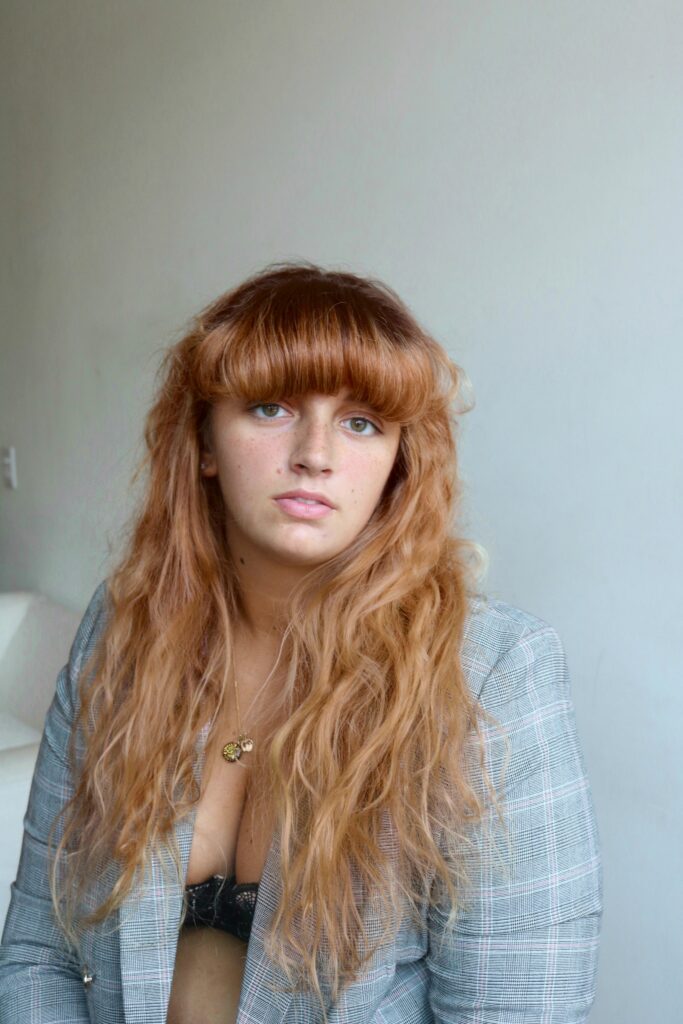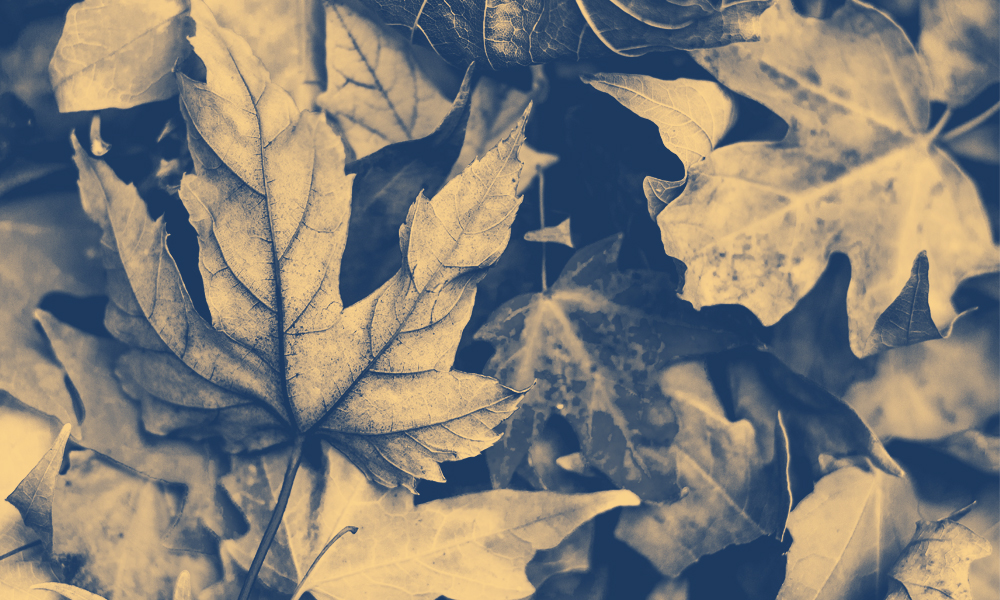
Rachel A.G. Gilman’s work has been published in journals throughout the U.S., U.K., and Australia. She is the Creator/EIC of The Rational Creature and was EIC for Columbia Journal, Issue 58. She holds an MFA in Writing from Columbia University and an MSt in Creative Writing from the University of Oxford. She lives in New York and works in book publishing.
Click here to read Rachel’s essay “There’s Really No Need to Talk About This” from our fall 2021 issue!
What’s the best bit of craft advice you’ve been given? Are there any craft books you’d recommend?
This is a bit more related to drafting, but when I was enrolled in Teju Cole’s workshop many moons ago, he asked each of us to keep a notebook on us at all times in order to make sure we were tracking any ideas that came to us throughout the day, keeping writing in the forefront of our brains. It’s been almost ten years since then and I’m forever grateful for this suggestion because it is how I have started almost every piece that I’ve ever written since. Not letting your good thoughts stray too far is invaluable to remember. In terms of more formal books, To Show And To Tell by Phillip Lopate and Reading Like A Writer by Francine Prose are solidly marked up in their places on my shelf. The Art Of Memoir by Mary Karr is more brutal but worth consuming in small quantities.
Okay, now what’s the worst?
Frankly, I think all advice that is either too prescriptive or too generalised is fairly terrible, the assertive ‘never do this’ or ‘don’t do that’ kind of things. No truth applies to everything. I’m also stubborn enough that when someone tries to push me in such a strong direction I tend to go in the other, making that brand of so-called, universe wisdom particularly unhelpful.
One last advice-focused question: do you have any advice for writers who are just starting out?
To negate my statement above, I think one tip that does benefit everyone, regardless of what you write, is to make sure your process includes reading your drafts aloud. Your work takes on a different life when you take the words off the page and put them into your mouth. If you don’t feel this spark in the lift, something might need to be revised. It’s also a great way to check things like rhythm and cadence that I find harder to pick up when reviewing to yourself in your head.
In your writing, where does truth comingle with imagination?
Everywhere! I feel like that’s actually a fantastic way to describe my work, which is a lot of nonfiction written in third-person (i.e: ‘Rachel is spending her morning responding to interview questions, hoping she sounds neither pea-brained nor pretentious’). The plotted events of my pieces are very truthful, but in the space I create through making myself a character detached from the narrative voice, I gain the ability to be more imaginative and absurdist, which I hope is both in turn more amusing and interesting for the reader.
Do you write from experience? From familial memory? From daydreams or fantasies?
I almost exclusively write about experience and the memories of experience, though because the subject of unrequited/unsettled romance is what I’m most frequently drawn to, daydreams and fantasies creep their way in from time to time. But I’ve never written anything in any genre that wasn’t somehow inspired by something I’ve in one way or another been through myself.
If you have a regular writing practice, what do you do to protect your writing time?
I used to be really good about this, waking up at 5 a.m. every morning and getting a few hours of writing in before I headed to work. But like many other things the pandemic has wiped that out. I still try to find time at least a few days a week where I can work on things but it’s less structured and less plethoric, unfortunately. I think the only way to protect this kind of space is if you treat it with the same kind of respect that you treat going to work, attending class, spending time with loved ones, and anything else that you prioritise. Maybe you don’t get to everything every single day, but writing shouldn’t be the thing that forever has to forfeit.
Where do you seek inspiration?
Because writing for me is often — for better or for worse — as much catharsis as it is craft, day to day life is the place where almost all of my pieces arise; most especially if it’s a day when I’m feeling a little down or out about something in my personal life. Turning the tragedy into a tale usually helps me get back a sense of control when the world has other ideas in mind. This is always where a piece starts, in reality, but the art I consume around me in the forms of music, films, and other writing contributes quite heavily, as well.
How do you honor silence, blank space, or simplicity in your writing?
If this interview has made anything clear thus far, it’s probably that I have a tendency toward the verbose. So if I manage to figure out how to craft a short, simple, powerful sentence, I hold onto it for everything it’s worth. But I think these are often the best moments, especially if the subject matter is exploring something difficult, like my piece in Longleaf. A well-placed page or paragraph break or the choice to not say something can do more than hundreds of words.
When things have you feeling low, what’s one way you seek joy or build hope?
Listening to an old, favourite album or receiving a hug from someone I’m close with does a whole, heck of a lot on a bad day.
Who is one writer you wish more people would read?
Lisa Locascio is absolutely brilliant, someone who understands how to make sex as interesting, erotic, and complex as it truly is. I love her and would recommend her novel as much as her shorter work.
Picture this: you’ve just finished a long writing session and are between the world of the page and the reality around you. What’s one action you take to root yourself back in your non-writer identity? Maybe it’s making a cup of coffee or tea, perhaps it’s a walk with a loved one or pet, or even some time reading another writer’s work.
Ha, seeing as I’m often trying to reflect the reality around me in my writing, this transition is probably less interesting than someone working in fantasy. But getting back to the real world usually involves the adding back in of stimuli, which I try to remove when I’m working: music or television, predominantly my phone. It’s also really important if I’m using my laptop that I turn it off when I’m finished and force myself to leave the page as much as possible, because otherwise it’s quite possible that I never will. I’d like to say I have something as romantic as pouring a glass of wine or reading a poem, but it often looks more like catching up on the text messages I’ve missed.
What are you currently reading? Books, magazines, the back of the cereal box, CVS receipts . . . it all counts!
I Love Dick by Chris Krause. Tender Buttons by Gertrude Stein. Weird But Normal by Mia Mercado. But also a lot of emails and far too many Tweets. If you don’t follow Katherine D. Morgan, Michael Aurelio, or Danielle Chelosky, I’m not really sure what you’re doing with your time.
Where do you write? Do you have any rituals you follow before turning to the page?
The couch in my apartment is pretty perfect for writing because it has fantastic lower back support. I’m useless when it comes to trying to be productive at a desk, but when I can sit cross-legged surrounded by cushions, I’m quite happy. I’ve also found the lack of other distractions in cars, trains, and planes make them suitable for writing too. My only real ritual is making sure my phone is on Do Not Disturb and that my WiFi is disconnected so that I don’t get taken away from the page. Other than that, all I need is the desire to be working, and then I’m off. Though now that I really think about it, I’ll usually put my hair up so I don’t fuss with it or — if the work is being particularly stubborn — tear it out.
Any good news you’d like to share?
I have a piece in Drunk Monkeys about a date that involved the 2020 Presidential debates and very bad stir fry. You can also find me helping the Grove Atlantic team in my new role as marketing and sales assistant, continuing to interview indie booksellers for the Shelf Life column on No Contact, and editing the womxn arts journal The Rational Creature. And if this wasn’t enough of me (bless your heart), I’m online at rachelaggilman.com.
